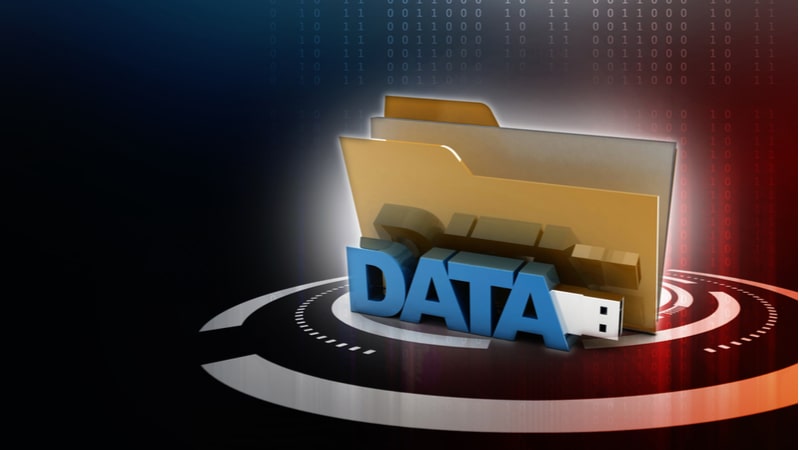
With the increasing use of data across the U.S. by private and public entities, a new report from the Information Technology and Innovation Foundation (ITIF) warns that the U.S. is headed towards more “data silos” which can inhibit the effectiveness of technological innovation.
The report details some of the current barriers and challenges that are hindering fast-paced innovation in the U.S.
“While many organizations in the United States do share data, whether it be internally, via set agreements with other parties, or even via data brokers, more is still needed, particularly in high-value areas,” the report says. “Certain parts of the economy, including health care, financial services, and education, share less data than they could despite the potential for data-driven innovation.”
Getting in the way of better data sharing, the report says, are “legal, social, technical, and economic barriers.”
“A patchwork of consumer data protection laws at the state level coupled with overly restrictive national sector-specific laws hinders data sharing necessary for data-driven innovation in fields such as health care and education,” the report says.
Some examples of data-sharing barriers include laws such as the Privacy Act of 1974, the Gramm-Leach-Bliley Act (GLBA), and the Health Insurance Portability and Accountability Act (HIPAA), ITIF said.
The report makes the following recommendations to lawmakers:
- Reform existing data protection laws to reduce legal barriers to data sharing;
- Direct key federal agencies to create model data-sharing contracts to simplify legal agreements;
- Create data literacy initiatives to help communities understand the benefits of data and how data can be shared securely;
- Enable consumers to easily donate their data, particularly in high-impact areas such as health care and education;
- Develop data standards in high-impact areas; and
- identify and address instances where fragmented ownership of data prevents compiling valuable datasets.
“Enabling data sharing is critical to building a smart society in America. But a plethora of barriers stand in the way and require widespread, complex considerations,” the report says.
“Without definitive action to amend privacy laws, overcome social opposition, and address economic and technical barriers to foster data sharing across government and industry, the United States will remain far behind its potential in using data for social and economic benefit, and many initiatives to use data for productive purposes will fall short,” ITIF said.
